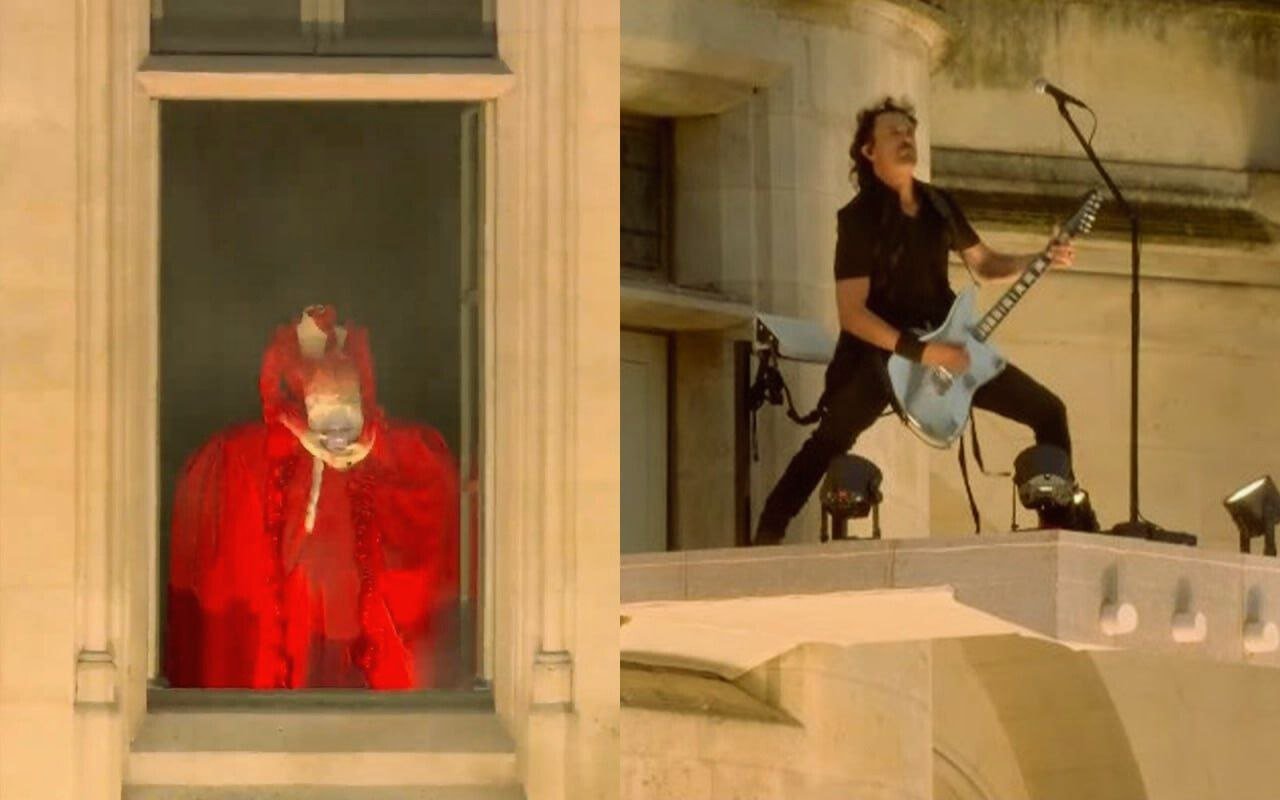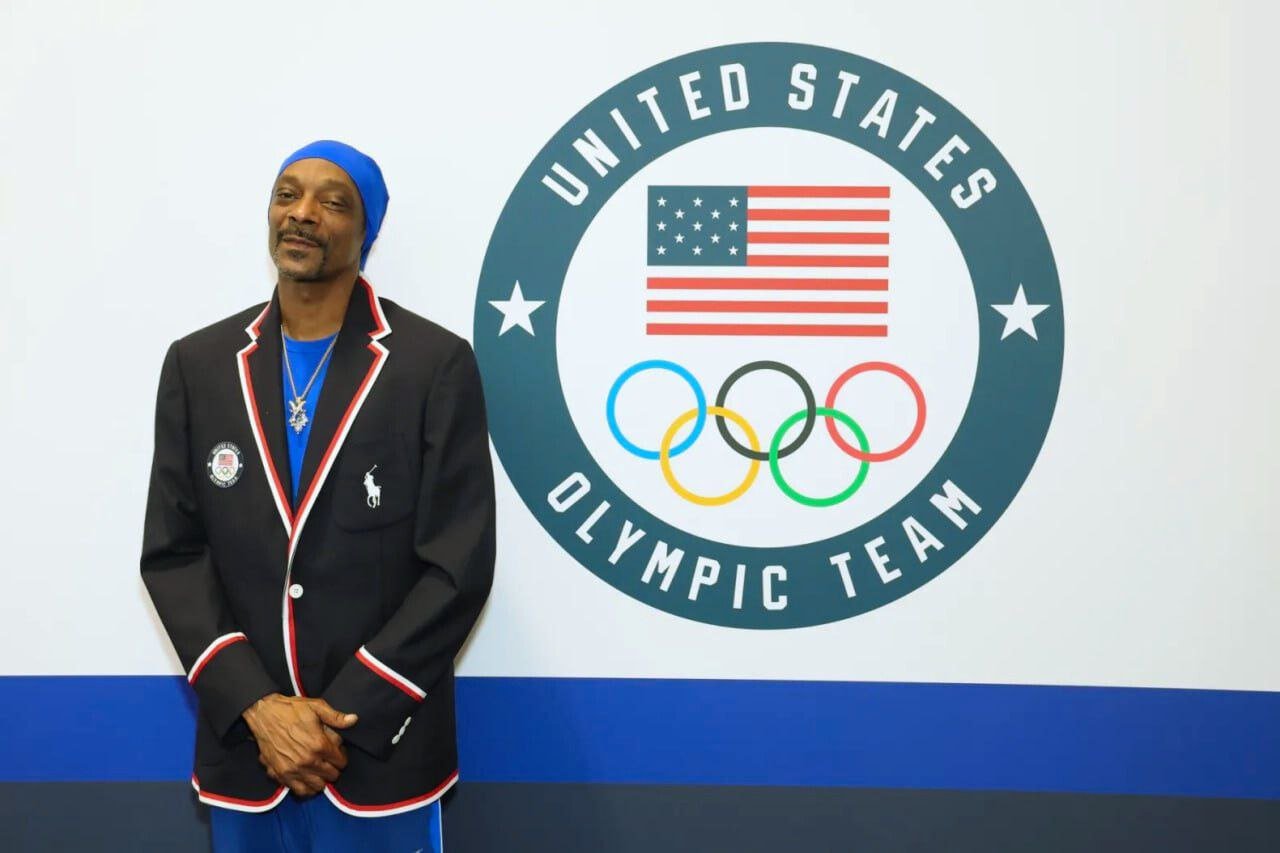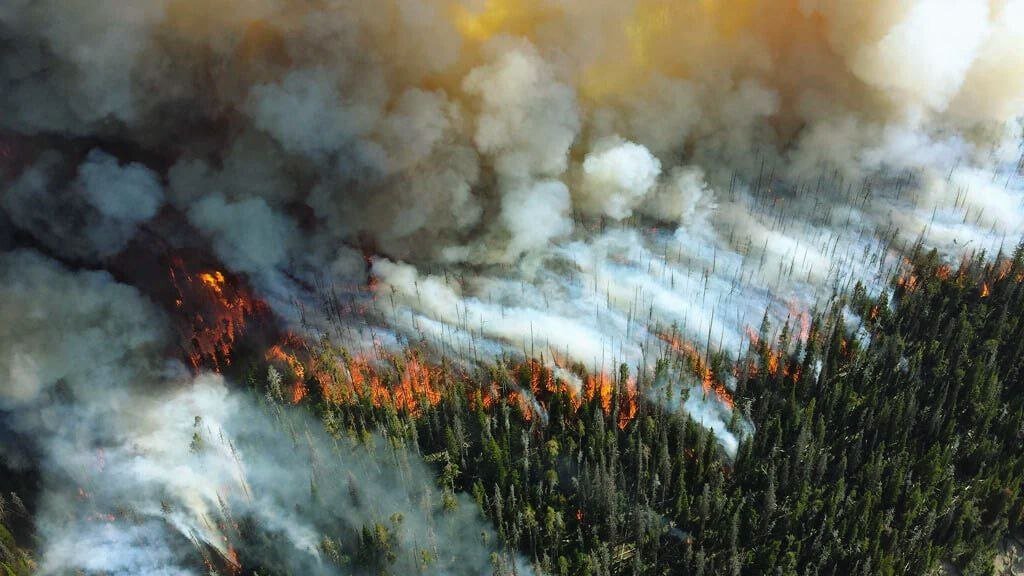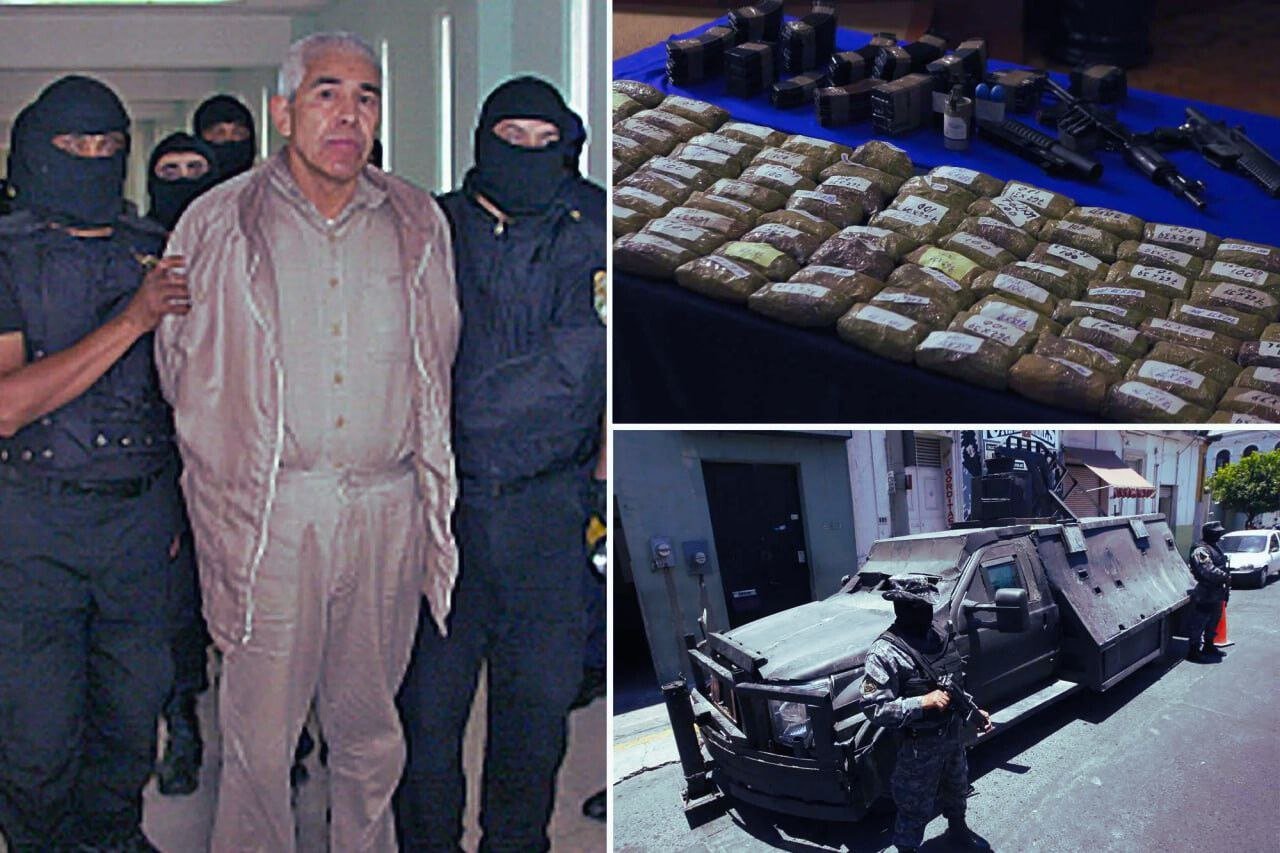
Contents
Introduction to the Incident
On a sunny afternoon in June, the serene shores of a popular beach in Florida turned into a scene of urgency and alarm. A routine day of swimming and sunbathing took a drastic turn when a shark attack occurred, sending waves of panic through beachgoers. The victim, a 28-year-old local resident named John Anderson, was enjoying a leisurely swim in the shallow waters when the shark struck.

Anderson, an avid swimmer and local to the area, had set out to the beach earlier that day to unwind and enjoy the ocean. As he swam approximately 50 yards from the shore, he felt a sudden and excruciating pain in his right leg. Within moments, the water around him turned crimson, and he realized he was under attack. The severity of the injuries was immediately apparent, with deep lacerations and significant blood loss.
The beach, typically a haven for families and tourists, descended into chaos as screams of horror echoed through the air. Lifeguards quickly sprang into action, but the urgency of the situation required more than their basic first aid skills could provide. It was at this critical juncture that a group of vacationing doctors, who were enjoying their time off nearby, stepped in to offer their expertise.
The incident highlighted the unpredictable dangers of the ocean and the importance of immediate medical intervention in such scenarios. The presence of these skilled doctors, who happened to be at the right place at the right time, provided a glimmer of hope amidst the turmoil. Their swift response was crucial in stabilizing Anderson and potentially saving his life, showcasing the profound impact of trained medical professionals in emergency situations outside the confines of a hospital.
While enjoying a well-deserved vacation, Dr. Emily Thompson, an experienced emergency room physician, and Dr. Michael Harris, a renowned trauma surgeon, were unexpectedly thrust back into their professional roles. Both doctors, who have dedicated their careers to saving lives, were vacationing at a picturesque coastal resort renowned for its serene beaches and aquatic adventures. This tranquil setting was meant to offer them a respite from their demanding medical careers.
Dr. Thompson, with over 15 years of experience in emergency medicine, has built a reputation for her quick decision-making and adept handling of critical situations. Her career path has taken her through some of the busiest emergency rooms in the country, where she has honed her skills in managing acute medical crises. Dr. Harris, on the other hand, is a leading trauma surgeon with an extensive background in complex surgical procedures. His expertise has been pivotal in numerous high-stakes operations, earning him accolades and recognition in the medical community.
The doctors’ vacation was a rare opportunity for them to relax and rejuvenate. However, their plans took an unexpected turn when they witnessed a shark attack unfold right before their eyes. The victim, a young surfer, was in dire need of immediate medical intervention. Without hesitation, both doctors sprang into action, their professional instincts overriding their off-duty status. Dr. Thompson’s initial reaction was to assess the situation swiftly, while Dr. Harris began coordinating efforts to stabilize the victim.
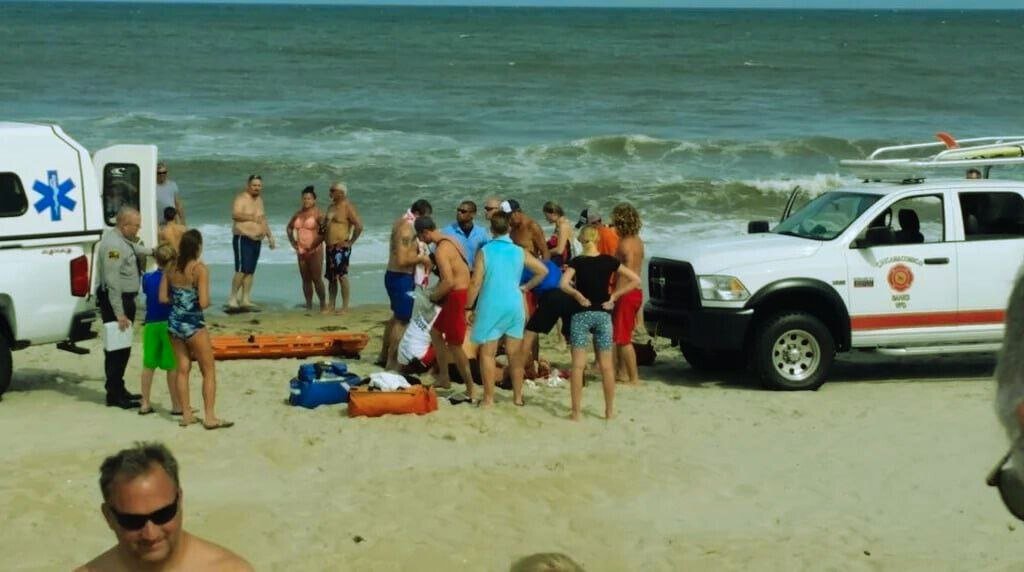
Their decision to intervene was driven by their intrinsic commitment to save lives, a dedication that transcends the boundaries of the workplace. Their quick thinking and collaborative efforts were crucial in providing the necessary emergency care, showcasing their unwavering dedication to their profession. In the face of an unexpected crisis, these heroic doctors exemplified the true spirit of medical professionals, proving that their commitment to saving lives is not confined to hospital walls.
Life-Saving Actions Taken
When the shark attack occurred, the immediate response of the doctors was crucial in stabilizing the victim and preventing further harm. Initially, the doctors quickly assessed the injuries, recognizing the severity of the wounds and the risk of significant blood loss. Their swift action was instrumental in controlling the bleeding; they used makeshift tourniquets fashioned from available materials to apply pressure to the affected areas. Additionally, they utilized whatever first aid supplies were at hand, such as gauze, bandages, and antiseptics, to clean and dress the wounds.
One of the primary challenges was preventing shock, a common and dangerous complication in severe trauma cases. The doctors monitored the victim’s vital signs closely, ensuring that the pulse and blood pressure remained stable. They also maintained open airways and provided reassurance to keep the victim calm, which is essential in managing shock. The doctors’ experience in emergency medicine played a pivotal role in their ability to manage these critical first moments effectively.
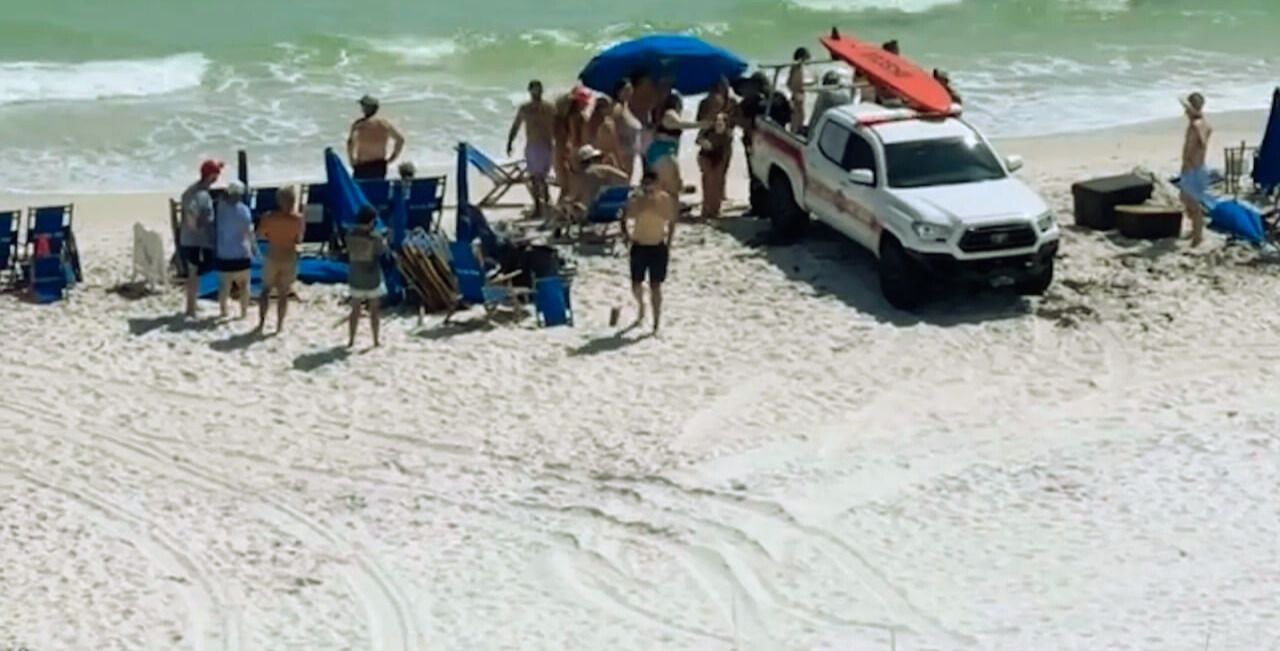
Coordination with local emergency services was another significant aspect of their life-saving efforts. Despite the remote location and limited communication tools, the doctors managed to alert local authorities and request immediate medical evacuation. They provided detailed information about the victim’s condition, which allowed the emergency responders to prepare adequately for the patient’s arrival. This seamless coordination ensured that the victim received continuous care and that there was no lapse in the medical attention provided.
Overcoming the obstacles of limited resources and the remote setting required quick thinking and improvisation. The doctors leveraged their medical expertise and resourcefulness to stabilize the victim until professional medical help could arrive. Their decisive actions, coupled with effective communication and coordination with local emergency services, were critical in saving the victim’s life. The entire episode highlights the importance of having trained medical professionals who can respond swiftly and effectively in emergency situations, even when they are off-duty and on vacation.
Aftermath and Reflections
In the days following the shark attack, the victim’s recovery became the focal point for everyone involved. Immediate medical intervention by the doctors on vacation proved to be crucial. The victim was swiftly transported to a nearby hospital where he received advanced medical treatment, including surgery to repair damaged tissues and ongoing care to prevent infection. Despite the severity of the injuries, the victim’s prognosis was optimistic, thanks to the quick response and skilled care provided at the scene.
Emotionally and psychologically, the incident left a lasting impact on all parties. The victim, though grateful for the swift intervention, faced the daunting task of coping with trauma and the potential long-term effects of the attack. Psychological support and counseling were made available to help him navigate this challenging period. For the doctors, the experience was a stark reminder of the unpredictability of emergencies. Despite being on vacation, their training and instincts took over, proving that their commitment to saving lives transcends any setting.
The media quickly picked up on the remarkable story, bringing widespread recognition to the doctors who heroically stepped in. News outlets covered the incident extensively, highlighting the doctors’ swift actions and the victim’s road to recovery. Public recognition came in various forms, from community accolades to professional commendations. Such acknowledgment not only celebrated the doctors’ efforts but also underscored the importance of medical preparedness and the value of having trained professionals in the right place at the right time.
Reflecting on the incident, the doctors expressed a renewed appreciation for their rigorous training and the critical skills they have honed over the years. They emphasized the importance of always being prepared for the unexpected, reaffirming that emergencies can happen anywhere, at any time. While their vacation was far from restful, the sense of fulfillment they derived from being able to help in a life-threatening situation was immeasurable. This experience reinforced their dedication to their profession and the profound impact that medical professionals can have, even when off-duty.
OUR SITE: toinewsalert.com


